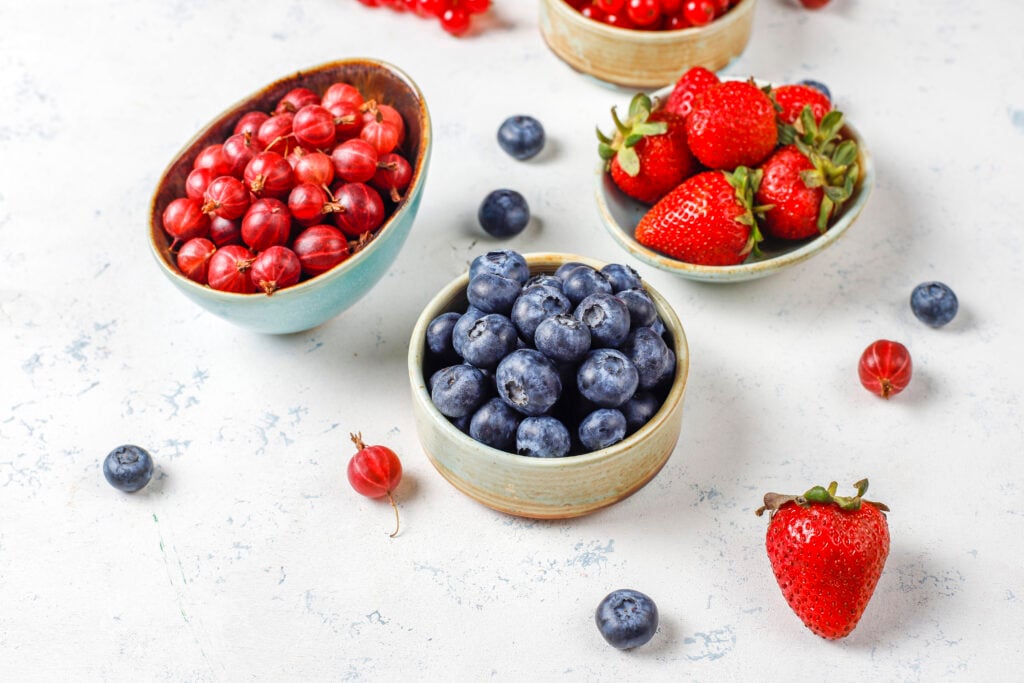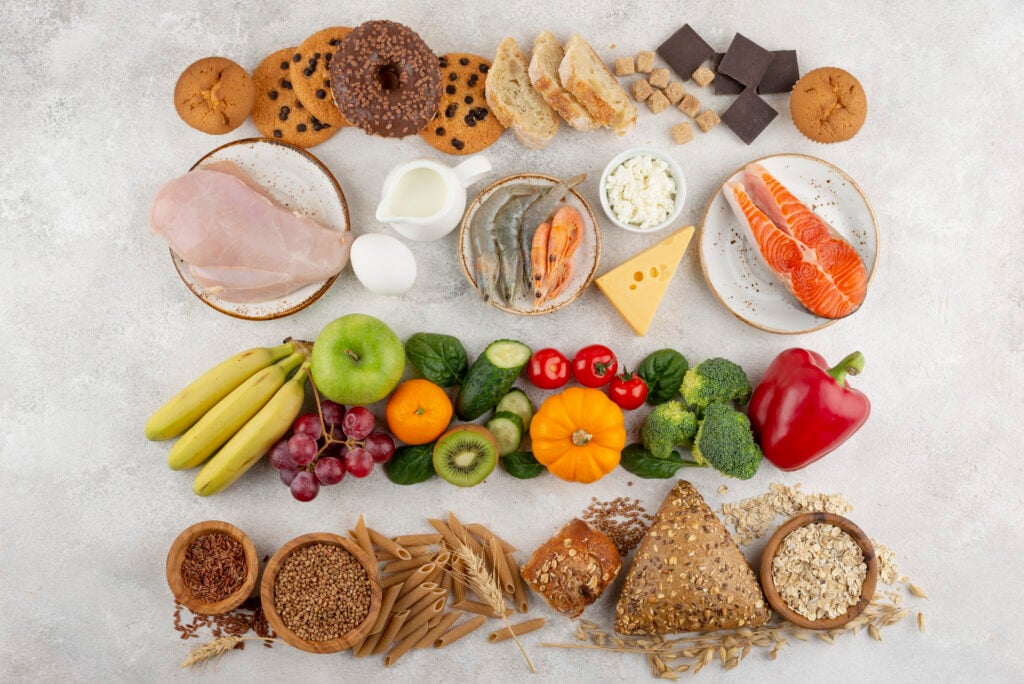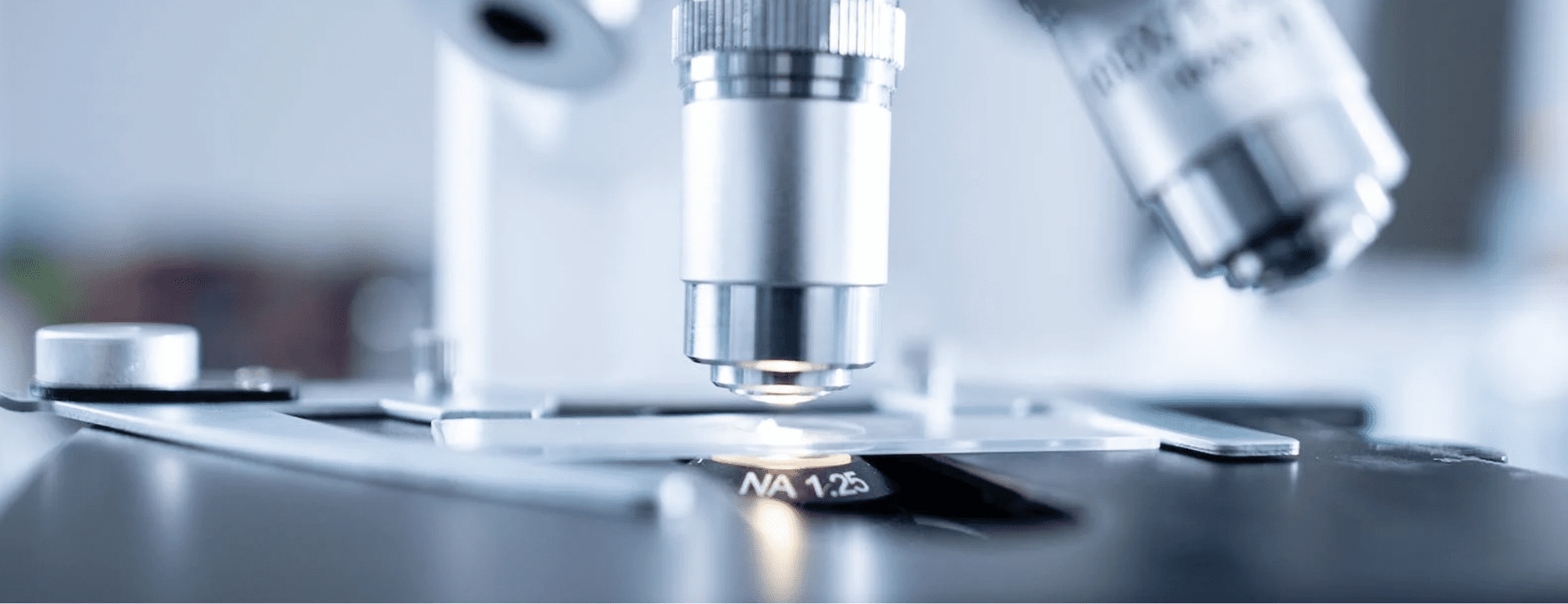Dyslipidemia (also known as blood lipid disorder) is a condition where Cholesterol -2/" rel="nofollow noopener" class="hm_internal_link" target="_blank">Cholesterol and/or triglyceride levels in the blood are high, increasing the risk of cardiovascular diseases. Adjusting the diet properly can help manage this condition and improve heart health.

Reduce saturated and trans fats
Limit animal fat, butter, cheese, red meats (beef, pork), fried foods, sweets, and fast food. Replace with unsaturated fats from olive oil, canola oil, chia seed oil, and omega-3 fatty acids from salmon, mackerel, flaxseeds, and walnuts.

Increase fiber intake
Soluble fiber helps reduce bad Cholesterol -2/" rel="nofollow noopener" class="hm_internal_link" target="_blank">Cholesterol (LDL) and slows cholesterol absorption in the intestines. Found in whole grains, oats, beans, green vegetables, and fruits (apples, oranges, pears).
Reduce sugar and refined carbohydrates
Limit sweets, soft drinks, processed foods, white rice, white bread, and fried potatoes. Refined carbohydrates increase triglycerides, contributing to dyslipidemia.
Add antioxidant rich foods
Berries (strawberries, blueberries, raspberries), nuts (almonds, walnuts), dark green vegetables (kale, spinach), tomatoes, oranges, egg yolks. Protect blood vessels from damage and help improve blood lipids. A well-balanced diet for dyslipidemia often includes fresh berries like strawberries, blueberries, and raspberries, combined with almonds, walnuts, and dark leafy greens like spinach and kale.

These foods are rich in antioxidants, helping to prevent vascular damage and naturally support lipid level improvement.
Limit salt intake
Helps control blood pressure and reduces the risk of cardiovascular diseases; Avoid processed foods and canned foods with high sodium content.
Choose healthy protein sources
Beans, seeds, tofu, fatty fish (salmon, mackerel, sardines); rich in omega-3, helping reduce triglycerides and bad Cholesterol -2/" rel="nofollow noopener" class="hm_internal_link" target="_blank">Cholesterol (LDL).
Stay hydrated and avoid alcohol
Water helps maintain liver and kidney function, supporting lipid metabolism; Limit alcohol, as it can increase triglyceride levels.
Foods to avoid
Fried foods, fast food; Processed meats (sausages, ham, bacon); Sweets, cakes, and sugar-rich foods. Maintaining a scientific diet helps control Cholesterol -2/" rel="nofollow noopener" class="hm_internal_link" target="_blank">Cholesterol and triglycerides, protecting heart health. Consult a doctor or nutritionist for the most suitable dietary plan.
This article has been reviewed by Dr. Dinh Thi Xuan Mai, Specialist in Endocrinology and General Internal Medicine at Hoan My Gold PXL Medical Center.
For consultation or to schedule an appointment, please contact Hoan My Gold PXL hotline: 0901 840 678 or book an appointment at https://forms.office.com/r/5w2HZPZpP0
| Hoan My Gold PXL Address: 245 Phan Xich Long, Ward 2, Phu Nhuan District, Ho Chi Minh City Phone: (028) 3990 3995 | 0901 840 678 Website: https://hoanmy.com/hoanmy-gold/ Fanpage: https://www.facebook.com/HoanMyGoldPXL Zalo OA: https://zalo.me/hoanmygold |
